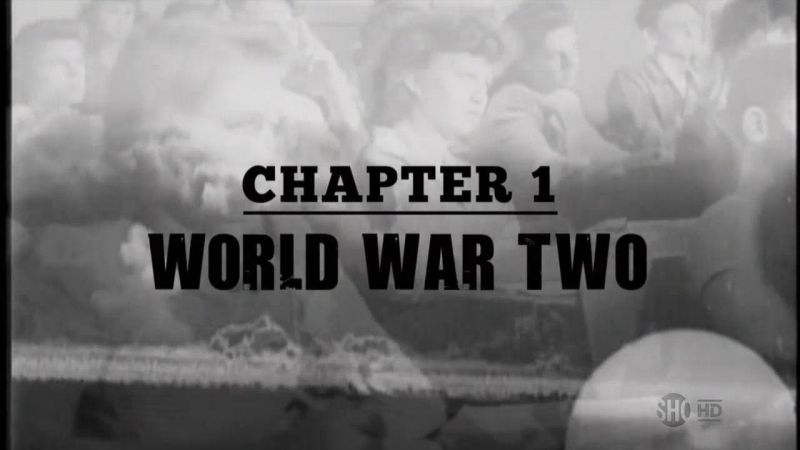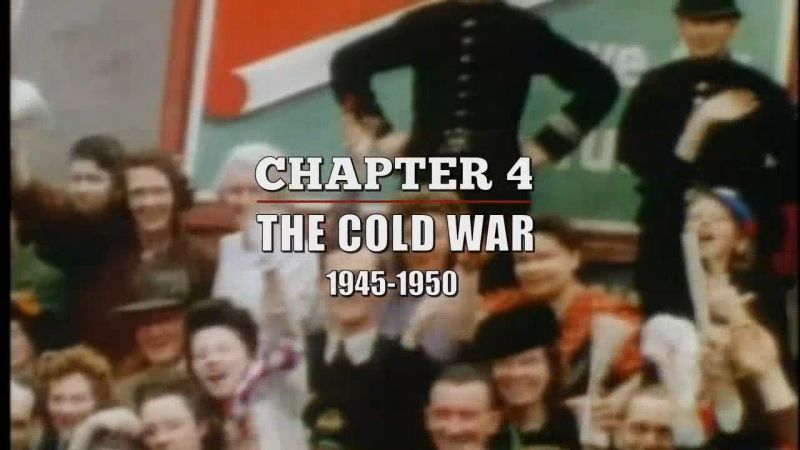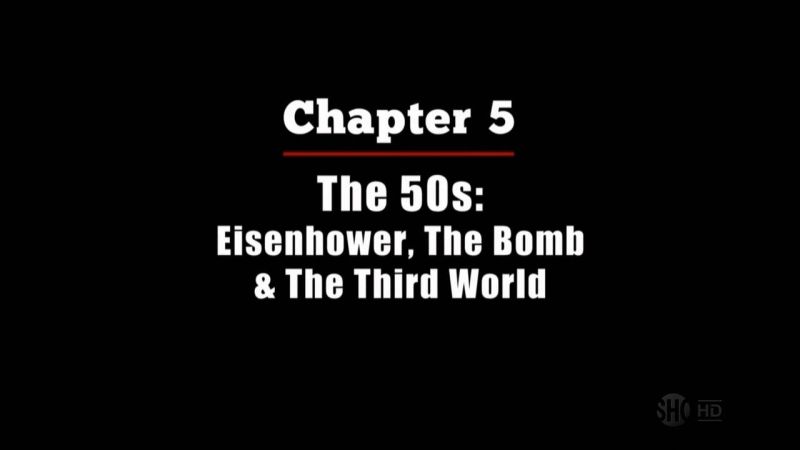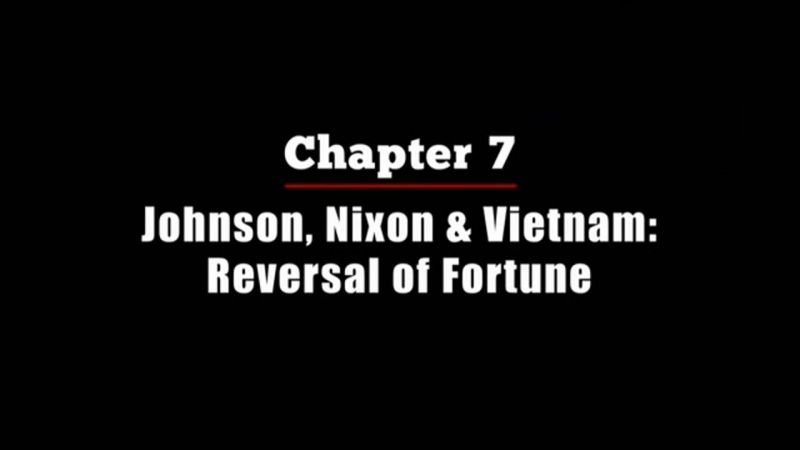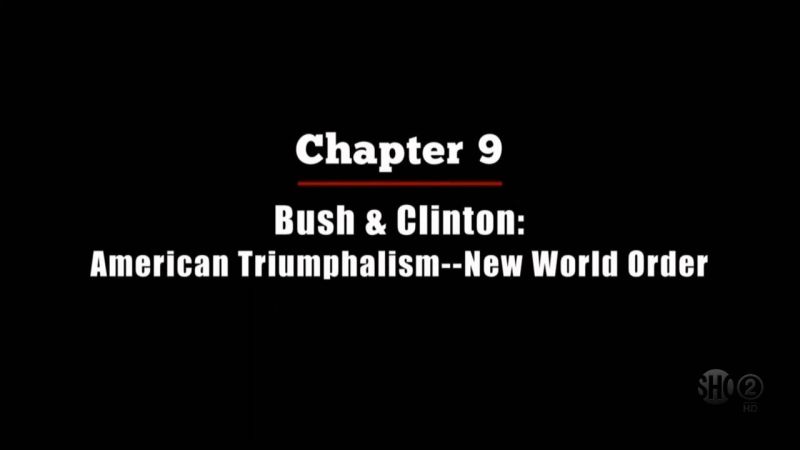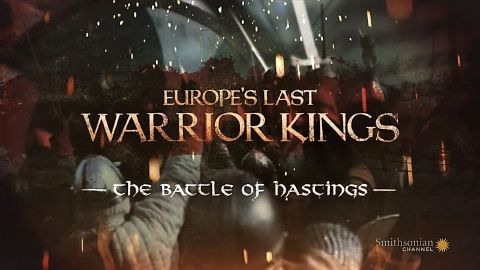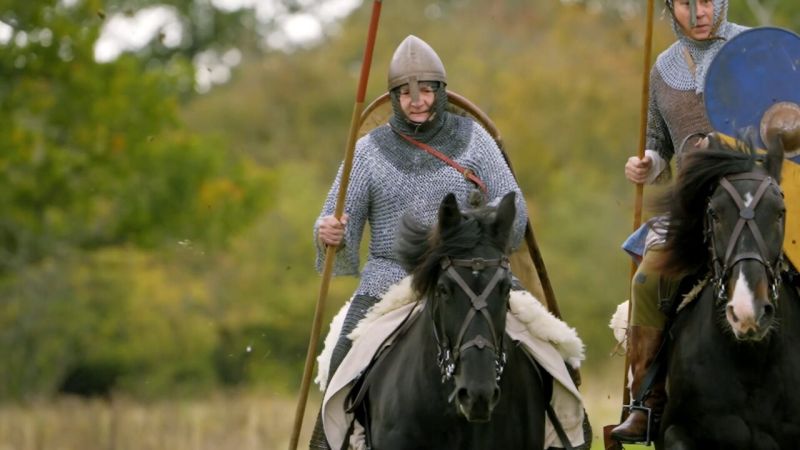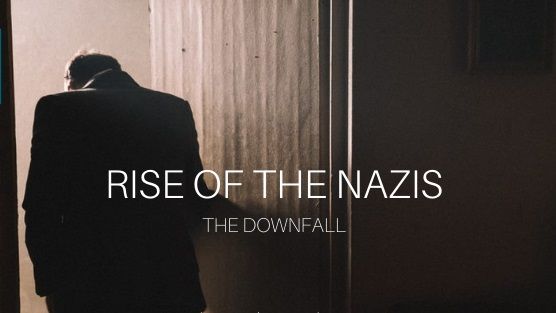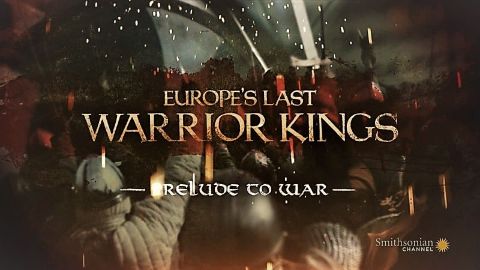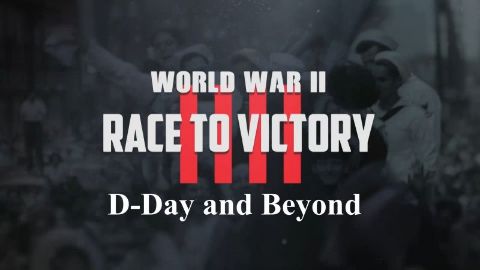The '50s: Eisenhower, the Bomb & the Third World • 2013 • episode "S1E5" • Oliver Stone's Untold History of the United States
Eisenhower and John Foster Dulles replace Truman. Stalin dies but relations with the Soviet Union turn colder. The H-bomb and the doctrine of nuclear annihilation are explored, as are the Korean War and U.S. rearmament. McCarthyism grows and so does the ruthlessness of U.S. policy towards a Third World. Eisenhower emerges as a game changer.
Make a donation
Buy a brother a hot coffee? Or a cold beer?
Hope you're finding these documentaries fascinating and eye-opening. It's just me, working hard behind the scenes to bring you this enriching content.
Running and maintaining a website like this takes time and resources. That's why I'm reaching out to you. If you appreciate what I do and would like to support my efforts, would you consider "buying me a coffee"?
Donation addresses
BTC: bc1q8ldskxh4x9qnddhcrgcun8rtvddeldm2a07r2v
ETH: 0x5CCAAA1afc5c5D814129d99277dDb5A979672116
With your donation through , you can show your appreciation and help me keep this project going. Every contribution, no matter how small, makes a significant impact. It goes directly towards covering server costs.
